Event Vendors in Kenya
Table of Contents
ToggleEvent Vendors in Kenya – How to Find the Right Partners for Your Event

Event Vendors in Kenya
Behind every unforgettable event in Kenya is a reliable team of event vendors working behind the scenes. From audiovisual specialists and florists to caterers, security, and entertainment providers, each vendor plays a key role in shaping your guest experience. Their professionalism and coordination often determine whether an event feels seamless or falls short.
Whether you’re organizing a corporate seminar, wedding, concert, or virtual hybrid event, choosing the right vendors is a critical step. It’s not just about price—it’s about experience, reliability, and their ability to work well with others. A strong vendor team brings peace of mind, allowing you to focus on the big picture while they handle the details.
In this article, we explore what event vendors actually do, how to identify the best fit for your specific needs, and how to build a trustworthy event vendor list in Kenya. You’ll also get expert tips on vetting vendors, establishing clear communication, and forming long-term event partnerships that pay off in every event you host.
1. Event Vendors Meaning – What Do They Do?
Planning an event involves many moving parts, and executing a successful one often depends on the collective input of specialized professionals known as event vendors. These vendors are more than just service providers—they are key collaborators who bring expertise, resources, and creativity to your event, helping turn your vision into a seamless and memorable experience.
1.1 Event Vendors Are Professionals or Companies That Provide Specialized Services and Supplies
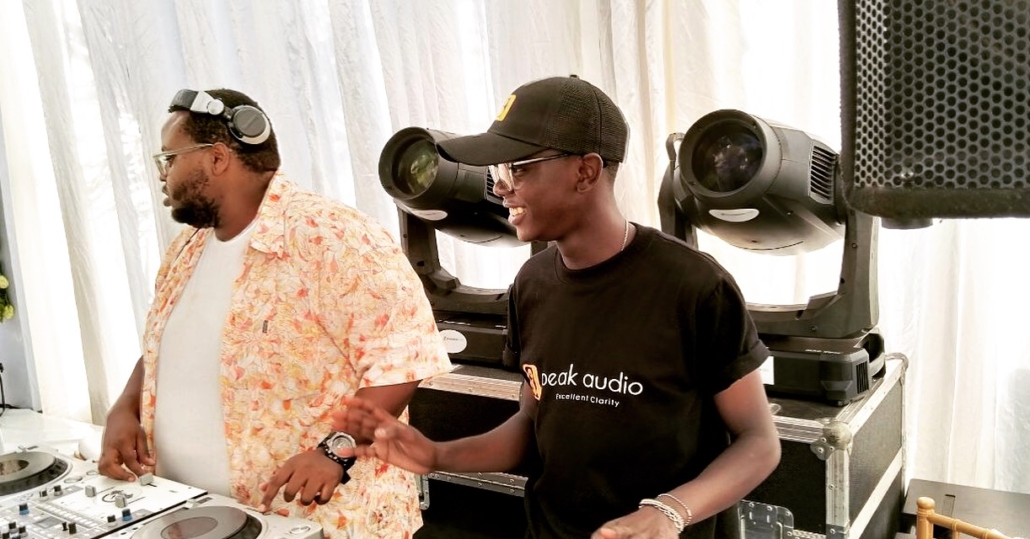
Event Vendors in Kenya
Event vendors are businesses or individuals hired to handle specific aspects of an event. Each vendor typically specializes in a certain category—such as sound, catering, décor, or entertainment—and offers the skills, tools, and experience necessary to deliver their portion with excellence.
-
They operate independently or under an event planner’s direction, ensuring each element of your event is handled by someone who understands the specific demands of that task.
-
Examples include florists, photographers, lighting technicians, MCs, and equipment rental firms, all of whom play a critical role behind the scenes.
-
Professional vendors bring industry-grade equipment and trained personnel, which significantly reduces the risks of DIY or amateur setups.
-
Whether it’s a large corporate conference or a private celebration, vendors adapt their services to your event type, size, and setting.
1.2 These Include Technical Services (Like Audio-Visual), Décor, Entertainment, Food, Logistics, etc.

Event Vendors in Kenya
The term “event vendor” encompasses a wide variety of service providers, each fulfilling a different but crucial role during your event.
-
Technical vendors include sound and lighting providers, video projection specialists, and stage rigging experts who ensure all production aspects run flawlessly.
-
Décor and design vendors offer floral arrangements, table settings, backdrops, drapery, signage, and more to create the aesthetic look and feel of your event.
-
Entertainment vendors may provide DJs, live bands, traditional performers, emcees, and even celebrity appearances, depending on the occasion and audience.
-
Catering and hospitality vendors handle food and beverages, waitstaff, mobile bars, and buffet or plated meal services, often coordinated with the theme and flow of the event.
Additional vendors may also cover transport, guest registration, security, sanitation, photography, videography, and power backup—especially for large or outdoor events.
1.3 Their Job Is to Help You Execute Your Event Smoothly, Professionally, and Memorably
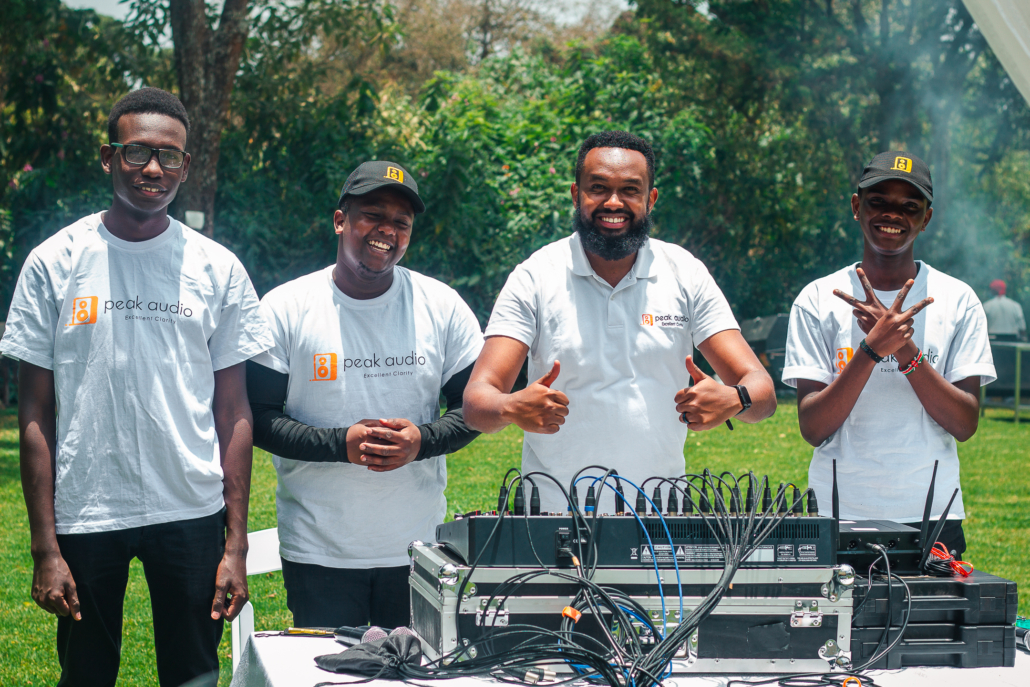
Event Vendors in Kenya
A vendor’s ultimate responsibility is to deliver their service in a way that enhances the success of your event and removes stress from your shoulders.
-
They ensure your event runs on time and according to plan, arriving early for setup and staying late for teardown, depending on their area of service.
-
Experienced vendors also anticipate challenges, offering solutions for things like weather changes, guest flow, or power needs—helping you avoid common pitfalls.
-
Professionalism is key: Reputable vendors are reliable, well-equipped, and operate with clear contracts, schedules, and communication before and during the event.
-
When every vendor delivers their part effectively, the result is a smooth, enjoyable event that leaves a lasting impression on your guests—whether it’s an elegant wedding or a high-stakes product launch.
Event vendors are the engine that powers your event behind the scenes. From audio-visual experts and chefs to florists and entertainers, each plays a vital role in turning ideas into reality. Choosing the right vendors—and coordinating them properly—is key to a successful, professional, and unforgettable event experience. At Peak Audio, we work hand-in-hand with vendors across Kenya to ensure seamless integration, top-tier execution, and lasting memories for you and your guests.
2. Types of Event Vendors in Kenya
Every successful event in Kenya—whether corporate, social, cultural, or virtual—relies on the seamless coordination of specialized vendors. These professionals provide the equipment, services, and talent that bring an event to life, from technical support to food, entertainment, and everything in between.
2.1 Audio-Visual Vendors (like Peak Audio)
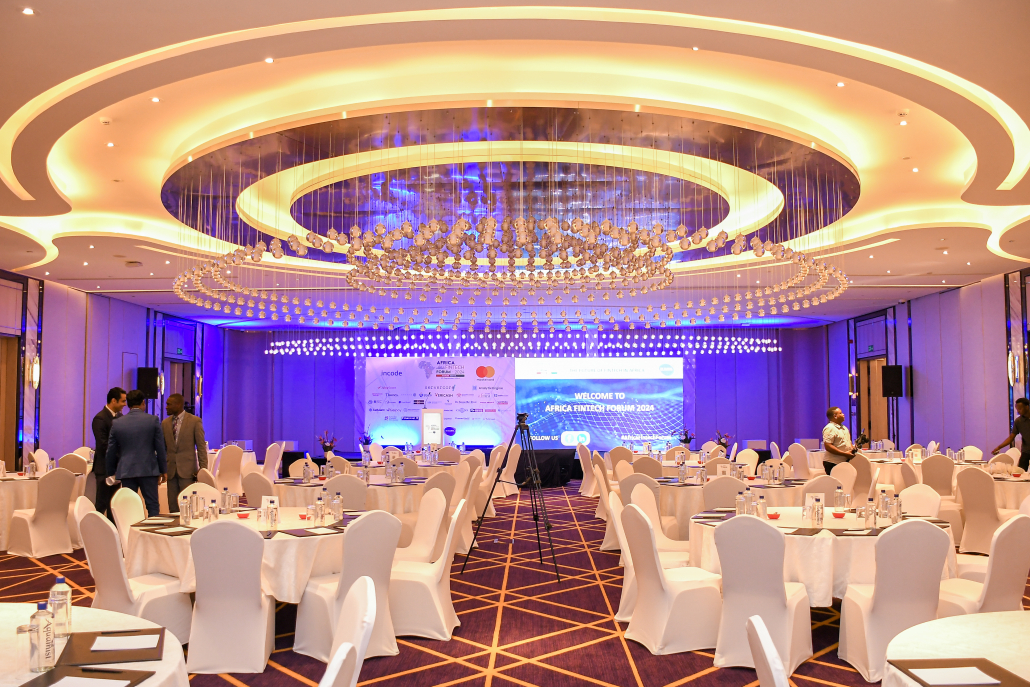
Event Vendors in Kenya
AV vendors are the technical backbone of most modern events, responsible for delivering crystal-clear sound, stunning visuals, and smooth virtual integrations.
-
Comprehensive AV equipment supply: They provide essential tools such as professional sound systems, microphones, amplifiers, LED video walls, projectors, and stage lighting setups. Whether indoors or outdoors, AV vendors ensure optimal visibility and sound clarity for all attendees.
-
Livestream and hybrid event support: These vendors are critical for events with virtual audiences. They set up HD cameras, encoders, and streaming platforms to ensure smooth broadcasts across Zoom, YouTube, or Facebook Live.
-
Stage and lighting design: Top AV companies design and install intelligent lighting rigs, ambient setups, and control systems to enhance mood, visibility, and branding.
-
Technical staff and on-site operation: They don’t just supply gear—they also manage sound desks, troubleshoot in real time, and handle transitions to make sure presentations, performances, or speeches run without glitches.
2.2 Caterers & Bar Service Providers
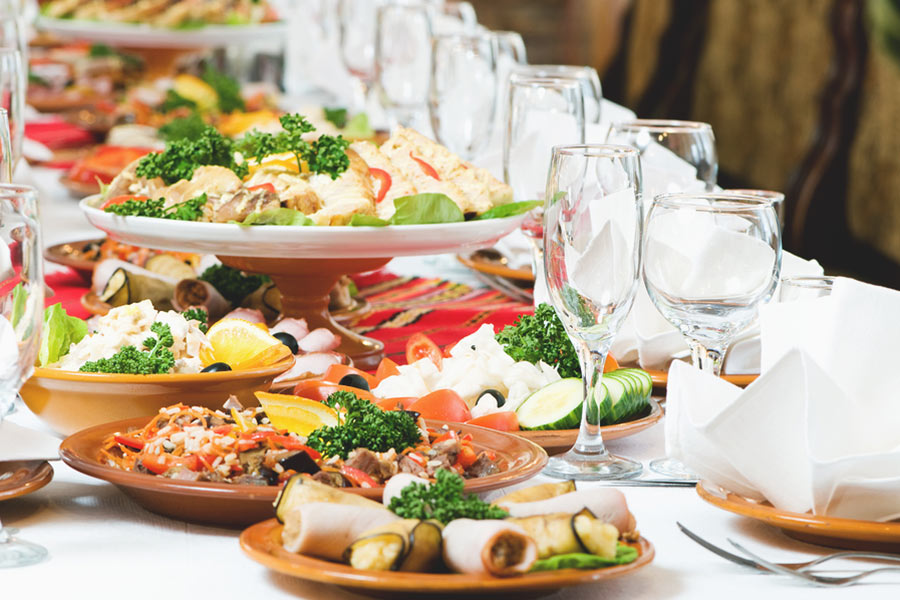
Event Vendors in Kenya
Catering vendors play a major role in guest satisfaction, delivering meals, snacks, and beverages that align with your event’s theme, audience, and budget.
-
Menu customization: From plated gourmet meals to buffet-style service or finger foods, caterers design menus that suit your event type—be it a corporate seminar, wedding, or gala dinner.
-
Food preparation and service: Vendors handle everything from kitchen setup to wait staff, ensuring meals are prepared under hygienic conditions and served promptly and professionally.
-
Bar services: Specialized bar vendors offer cocktails, mocktails, coffee stations, or full mobile bars. Many provide flair bartenders or themed drink menus for added entertainment.
-
Dietary consideration and compliance: Professional caterers accommodate special dietary needs (vegan, halal, gluten-free) and comply with food safety regulations set by Kenyan health authorities.
2.3 Décor & Styling Experts
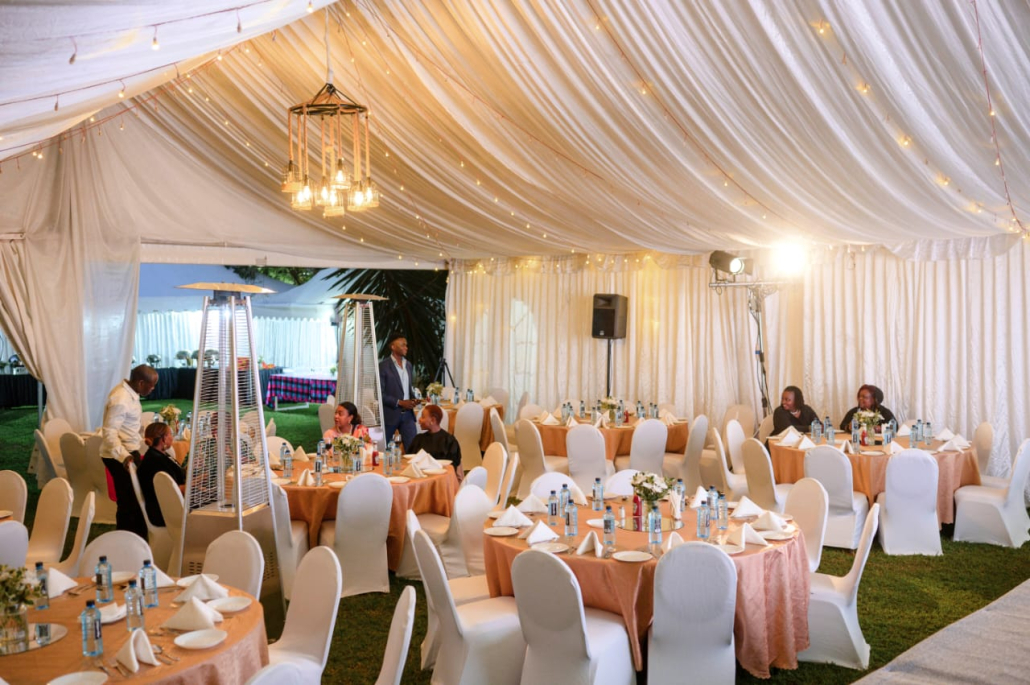
Event Vendors in Kenya
Décor vendors transform event venues into captivating environments that reflect the theme, brand, or celebration purpose.
-
Venue transformation: Using floral arrangements, drapery, lighting, furniture, signage, and artistic installations, décor teams reimagine bare venues into personalized event spaces.
-
Custom theme creation: These experts work with you to design custom color palettes, centerpieces, backdrops, and entryways that align with the event’s tone—whether romantic, formal, whimsical, or traditional.
-
Cultural and seasonal styling: They offer authentic Kenyan-inspired looks for traditional weddings, or modern seasonal designs for corporate galas and holiday parties.
-
Logistics and teardown: Beyond aesthetics, décor vendors manage delivery, setup, and post-event removal, ensuring everything runs on time and according to plan.
2.4 Event Planners & Coordinators
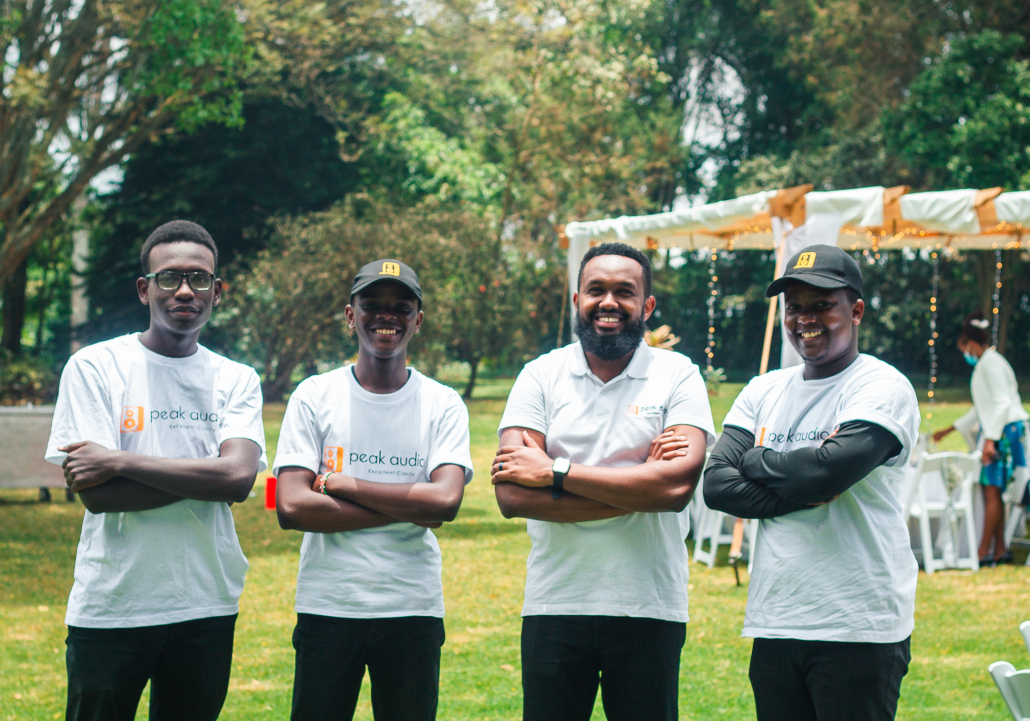
Event Vendors in Kenya
These vendors oversee the entire event planning process, turning your concept into a well-organized reality.
-
Budgeting and vendor sourcing: Event planners help clients define realistic budgets, select trusted vendors, and negotiate pricing to maximize value.
-
Logistical management: They create timelines, coordinate vendor arrivals, manage guest lists, and prepare contingency plans for weather, delays, or technical issues.
-
Day-of coordination: On event day, planners act as the central point of contact, ensuring everything—from stage management to food service—flows smoothly and on schedule.
-
Creative direction and client support: They guide clients in shaping the overall look, structure, and messaging of the event while providing regular updates and hands-on support.
2.5 Entertainment Vendors

Event Vendors in Kenya
Entertainment is what energizes a crowd—and Kenya boasts a wide array of talented artists and performers to choose from.
-
Professional DJs and MCs: These experts keep the energy up, control crowd flow, and provide transitions between activities using curated playlists and crowd interaction.
-
Live musicians and bands: Whether you want a full band, acoustic guitarist, gospel choir, or string quartet, music vendors provide performers suited to your audience and style.
-
Traditional dancers and cultural groups: Many events incorporate Maasai dancers, coastal troupes, or Kikuyu folk groups to celebrate Kenyan heritage.
-
Comedians and spoken word artists: For more personalized engagement, events often feature local comedy acts or poets to offer humor and thought-provoking interludes.
2.6 Virtual Event Vendors
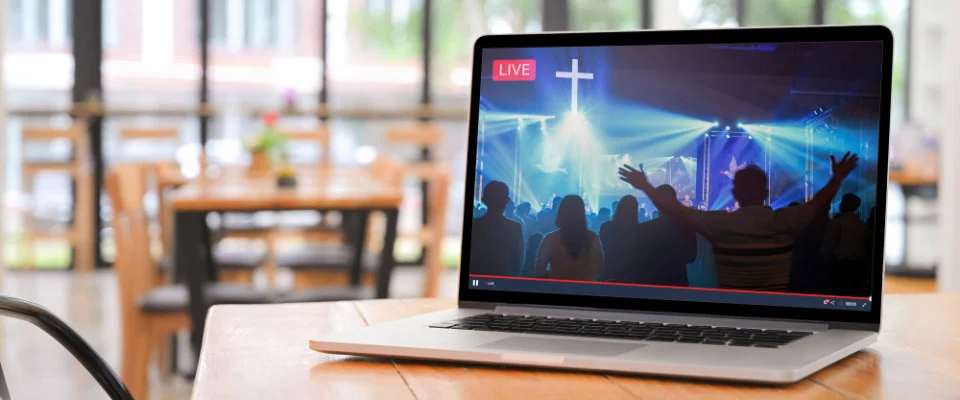
Event Vendors in Kenya
As digital events grow in popularity, specialized vendors now focus solely on supporting virtual and hybrid gatherings.
-
Livestreaming platforms and moderation: These vendors manage tools like Zoom, Microsoft Teams, StreamYard, and WebinarJam, providing back-end moderation, breakout rooms, and Q&A management.
-
Studio-based event production: For clients seeking polished production quality, some vendors offer in-studio virtual event setups with green screens, lighting, and professional camera operators.
-
Custom virtual environments: Larger vendors can build branded virtual conference spaces, online booths, and attendee networking portals for exhibitions or global summits.
-
Real-time tech support: On event day, they provide IT technicians who monitor connections, troubleshoot audio/video issues, and ensure presenters are supported before going live.
2.7 Other Unique Event Vendors
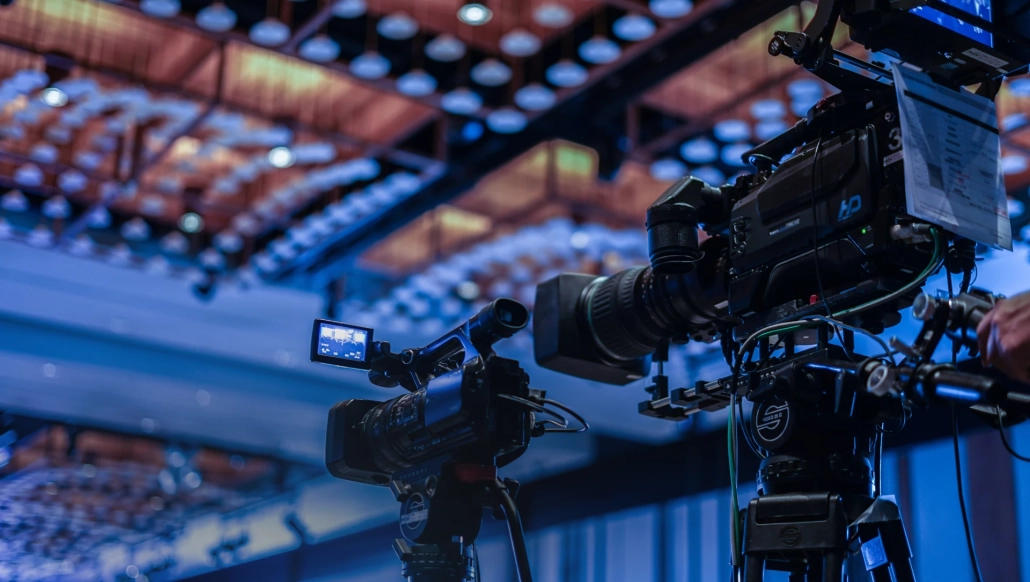
Event Vendors in Kenya
Beyond the core essentials, many events benefit from niche services that elevate the guest experience and improve operations.
-
Photo booths and mobile photography teams: Add a fun, interactive element with branded photo booths, 360° cameras, or roaming photographers.
-
Drone videography: Aerial shots from licensed drone operators capture event setups, crowd moments, and scenic views, especially useful for weddings, concerts, and outdoor rallies.
-
Mobile coffee/juice bars and dessert carts: Surprise your guests with made-to-order cappuccinos, smoothies, or gourmet desserts served from chic mobile carts.
-
Cultural troupes and ceremonial performers: For weddings or official ceremonies, these vendors offer specialized ritual performances, traditional music, or welcome dances.
-
Essential services: Mobile toilets, fencing, first aid stations, and uniformed security are often outsourced to ensure safety, hygiene, and compliance with city council regulations.
Kenya’s event industry is rich with talented vendors who bring creativity, professionalism, and local expertise to every occasion. Whether you’re planning a product launch, wedding, cultural festival, or online summit, the right mix of vendors—coordinated by a skilled planner or AV lead—can make the difference between an average event and an extraordinary one. At Peak Audio, we work seamlessly with all vendor types to ensure that every technical and experiential detail aligns perfectly with your event vision.
3. Event Vendors List – Who Do You Need for Your Event?
Organizing a medium-sized corporate event in Kenya—such as a product launch, seminar, or awards dinner—requires the coordination of multiple service providers. Each vendor plays a crucial role in ensuring the event runs smoothly, meets your goals, and leaves a lasting impression on attendees. Below is a comprehensive breakdown of the most essential event vendors and what they bring to the table.
3.1 AV Provider like Peak Audio
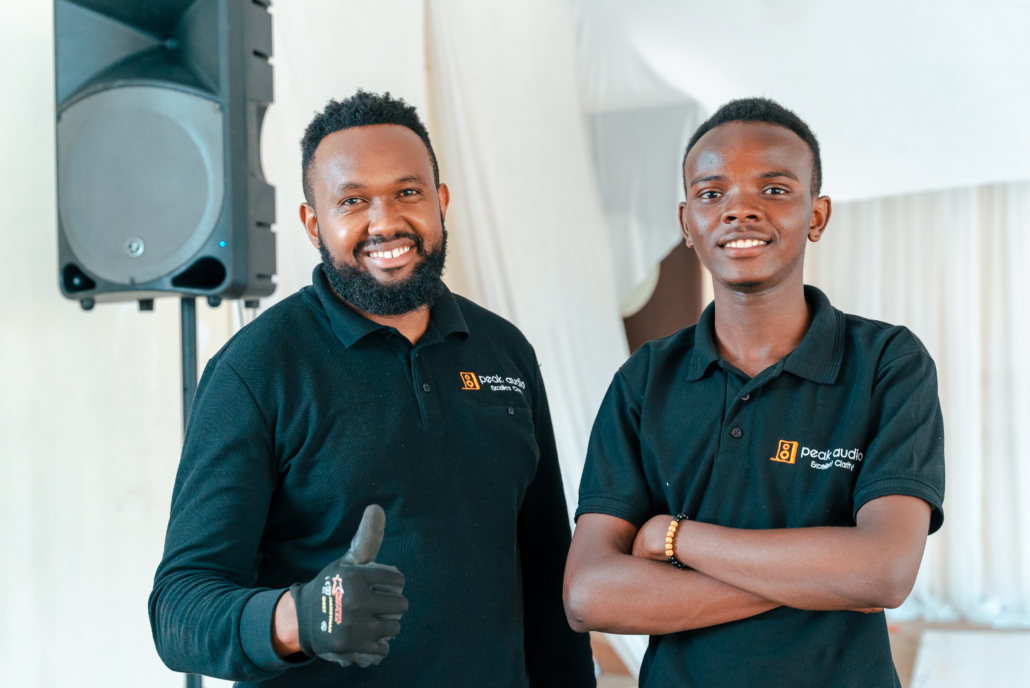
Event Vendors in Kenya
An Audio-Visual (AV) provider is responsible for the technical elements that make your event audible, visible, and immersive.
-
Sound systems: These include high-quality PA systems, wireless and lapel microphones, and digital mixers to ensure all speakers and presenters are heard clearly across the venue.
-
Visual display systems: AV vendors provide LED screens, projectors, TV monitors, and smart boards for showcasing presentations, live feeds, and branded visuals.
-
Stage lighting and ambiance: They design lighting setups that match your brand colors, highlight speakers, and create mood-based transitions between event segments.
-
Technical operation and support: Peak Audio, for example, offers full-time technicians to handle setup, live monitoring, cueing, and troubleshooting, ensuring no technical hiccups affect the event’s flow.
-
Hybrid and livestream solutions: For corporate events with remote participants, the AV vendor provides high-definition cameras, internet broadcasting tools, and platform integration (e.g., Zoom, Teams, YouTube Live).
3.2 Caterer
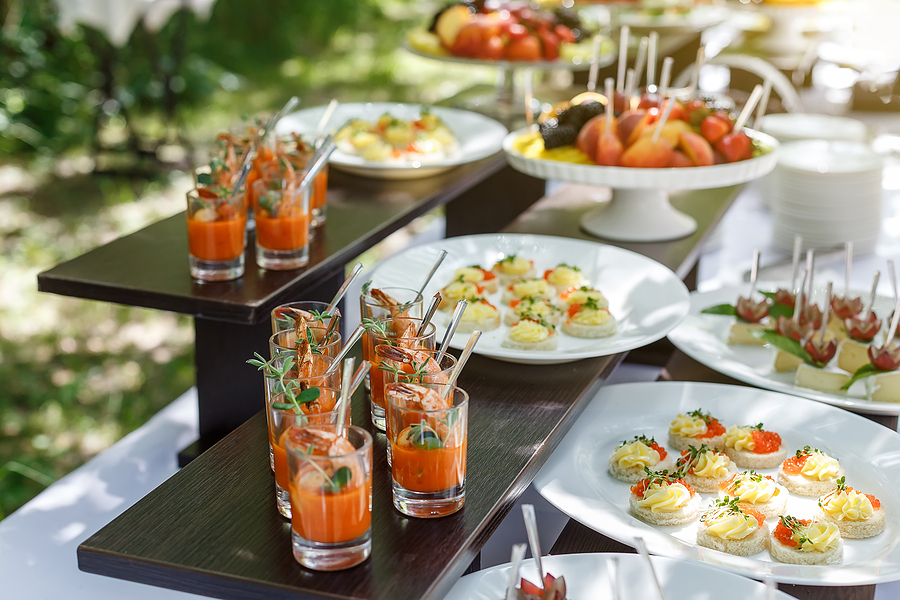
Event Vendors in Kenya
The caterer ensures your guests are well-fed, hydrated, and satisfied with a food experience that complements the professionalism of the event.
-
Menu design and customization: Good caterers tailor the menu based on your theme, audience preferences, and dietary needs—offering everything from buffets and plated meals to hors d’oeuvres and cocktail snacks.
-
Food safety and presentation: In Kenya, top caterers follow MOH-approved standards and provide clean, hygienically prepared meals that are presented beautifully and served on time.
-
Service and staffing: Beyond cooking, caterers provide wait staff, buffet attendants, baristas, or mixologists to ensure seamless food and beverage distribution.
-
Specialty setups: For evening events or brand activations, many caterers now include live cooking stations, custom dessert bars, or coffee and juice corners.
3.3 Furniture & Tent Vendor
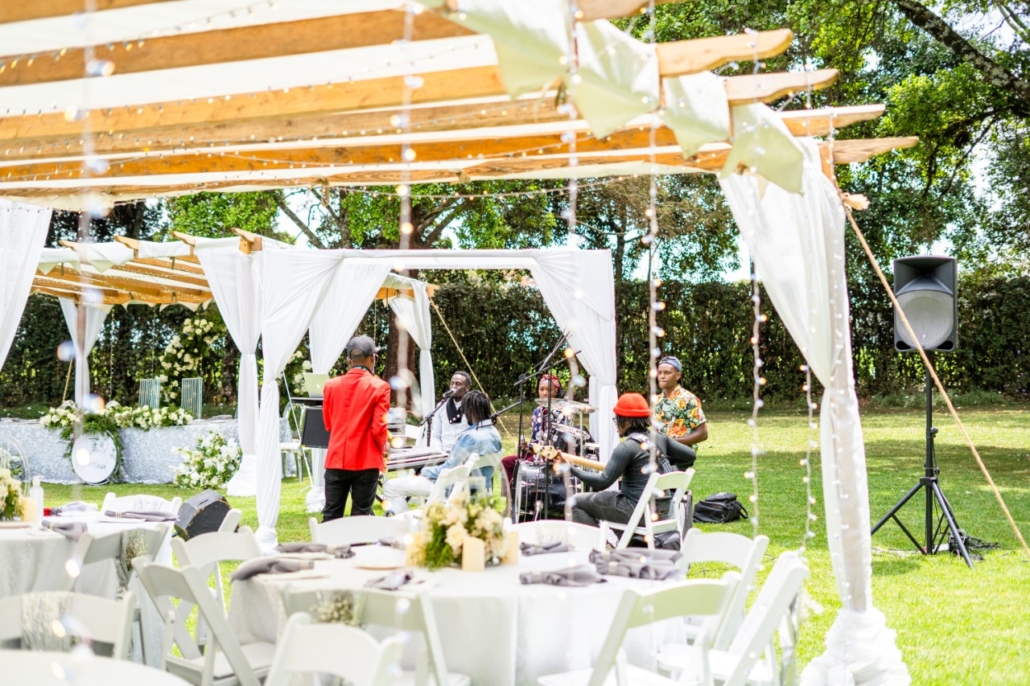
Event Vendors in Kenya
Furniture and tent vendors provide the physical infrastructure that turns any venue—indoor or outdoor—into a functional, comfortable event space.
-
Furniture supply: Includes executive chairs, banquet seating, conference tables, podiums, cocktail tables, lounge sets, and even VIP seating zones for special guests.
-
Tenting and shelter: For outdoor events or overflow spaces, they supply framed tents, marquees, stretch tents, pagodas, and sidewalls to protect guests from the sun, rain, or wind.
-
Setup and styling: These vendors not only deliver but also arrange furniture to fit your floorplan and ensure the layout flows logically and aesthetically.
-
Add-ons: They often provide accessories like carpets, event stages, risers, fencing, and branded umbrellas for additional branding or comfort.
3.4 Event Planner
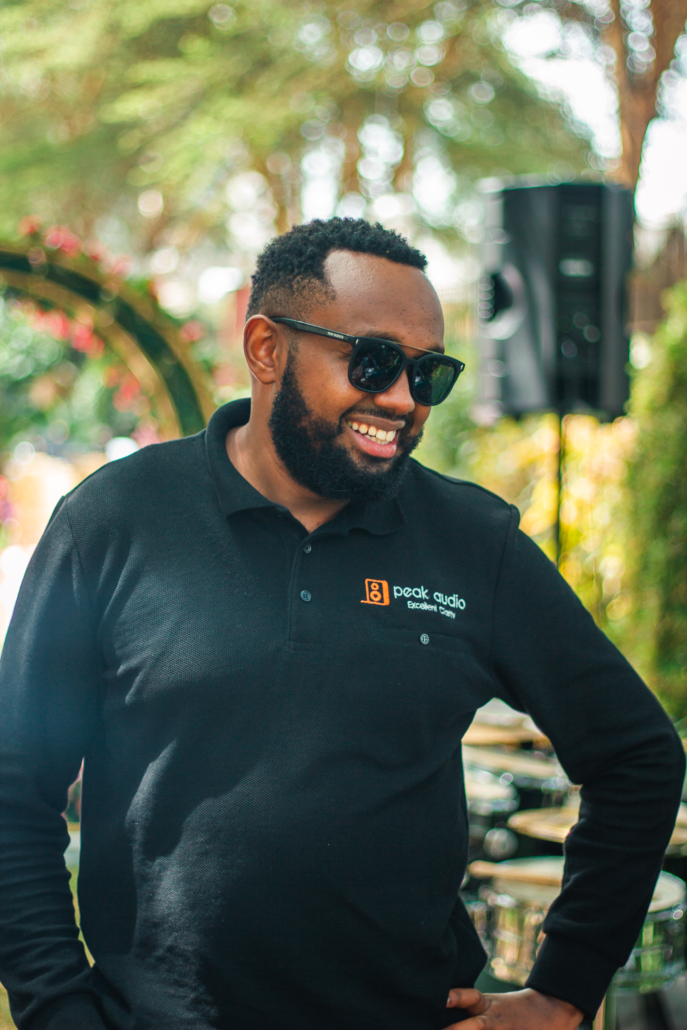
Event Vendors in Kenya
An event planner acts as your project manager, guiding the entire planning process while ensuring timelines, budgets, and quality standards are met.
-
Event concept development: Planners help conceptualize the theme, mood, and experience you want to deliver, ensuring alignment with your brand or objectives.
-
Vendor coordination: They are responsible for sourcing vendors, negotiating contracts, scheduling site visits, and ensuring everyone works toward the same vision.
-
On-the-day management: During the event, planners handle cueing, last-minute changes, and communication between vendors to keep everything on track.
-
Problem-solving and risk management: They are skilled at handling emergencies like speaker delays, AV failures, or bad weather, with contingency plans ready to deploy.
3.5 Décor Company
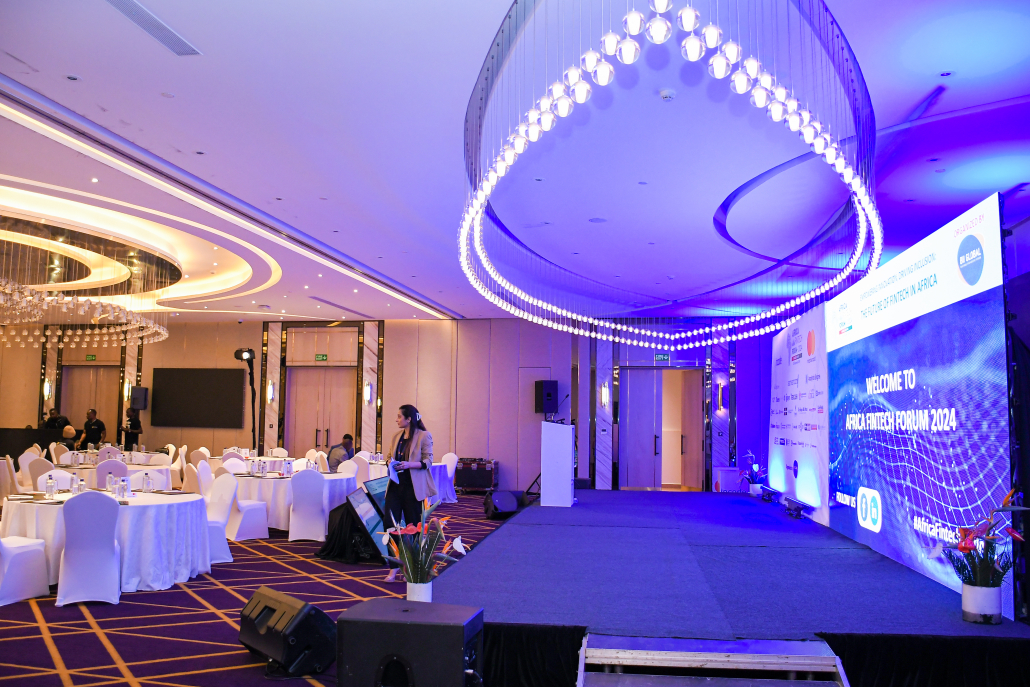
Event Vendors in Kenya
Décor companies create the visual narrative of your event, shaping how guests feel the moment they walk in.
-
Venue transformation: They dress up the venue with branded backdrops, fabric draping, floral arrangements, customized signage, and decorative centerpieces.
-
Branding through décor: For corporate events, décor vendors incorporate your logos, colors, and campaign visuals into stage design, entry arches, photo walls, and table settings.
-
Ambiance control: Using lighting accents, texture combinations, and focal points, décor vendors enhance the mood—making a space feel formal, celebratory, futuristic, or intimate.
-
Efficient setup and teardown: They manage strict timelines for décor installation and dismantling, working in sync with AV, caterers, and security teams.
3.6 Security Personnel
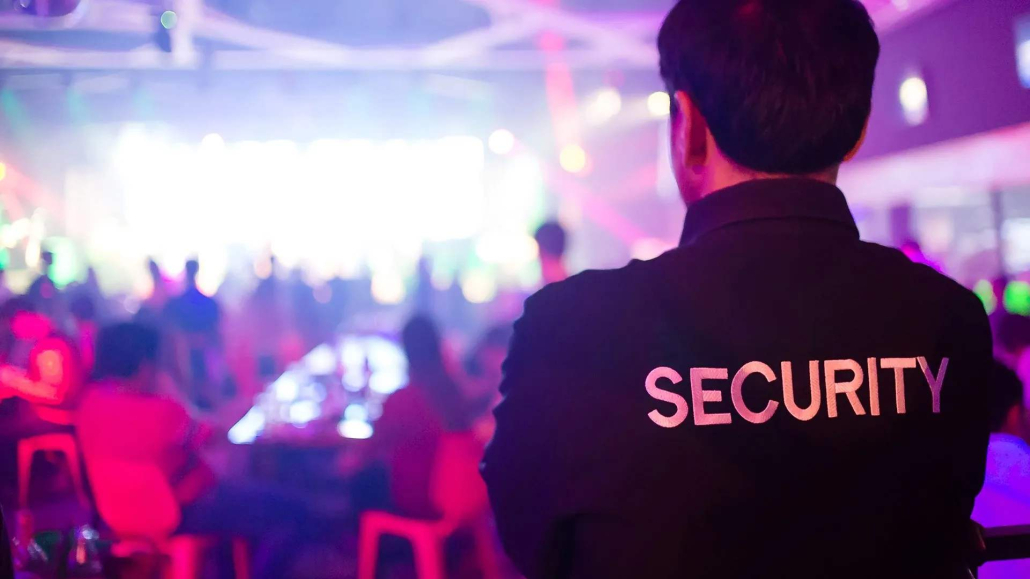
Event Vendors in Kenya
Security teams ensure your guests, staff, equipment, and venue remain safe and secure.
-
Crowd control and access management: Trained guards regulate guest entry, check invitations or tickets, and control access to restricted areas such as VIP lounges or backstage zones.
-
Surveillance and response: In high-risk areas or large events, security vendors provide CCTV surveillance, patrol units, and emergency response protocols.
-
Asset protection: AV equipment, cameras, and stage structures are valuable—security helps monitor and protect these before, during, and after the event.
-
Compliance: They help meet city or county requirements related to public safety, especially for large gatherings or events requiring police coordination.
3.7 Photographer/Videographer
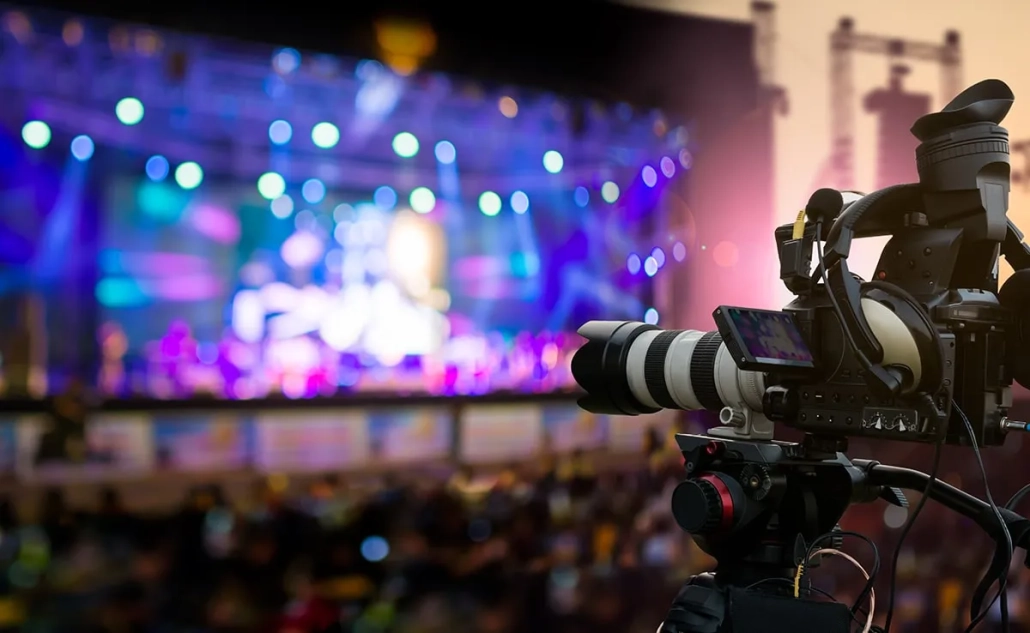
Event Vendors in Kenya
These creatives help document your event for post-event analysis, marketing, media, and archives.
-
Live coverage: Photographers capture key moments like keynote speeches, crowd reactions, product unveilings, and networking shots in real-time.
-
Cinematic videography: Videographers produce highlight reels, testimonials, full-event recordings, and branded sizzle videos, often enhanced with music and graphics.
-
Drone and 360° photography: For outdoor or large-scale events, drones provide aerial shots of the venue and crowd, while 360° cameras offer immersive experiences for virtual attendees.
-
Fast turnaround: Many corporate clients request 24-48 hour photo and video delivery for media releases, social media, and stakeholder reports.
3.8 Livestream Team (if virtual/hybrid)
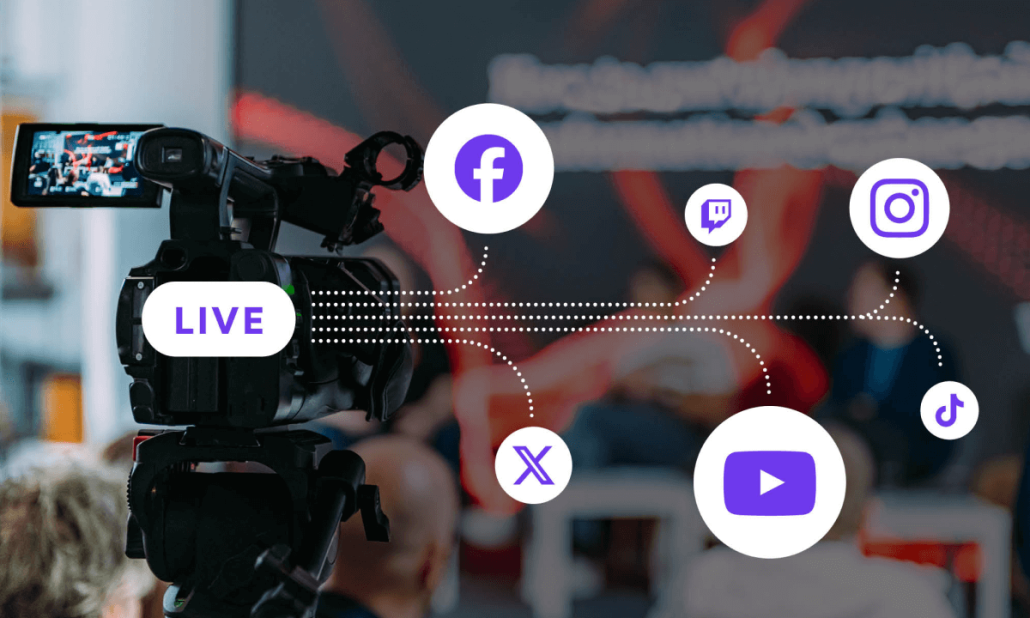
Event Vendors in Kenya
In today’s digital-first world, livestream vendors make it possible to include global audiences and remote participants.
-
Streaming technology setup: They install HD cameras, switchers, streaming encoders, and microphones compatible with platforms like Zoom, Vimeo, Microsoft Teams, or YouTube Live.
-
Platform moderation: These teams handle muting/unmuting speakers, displaying screen shares, managing Q&A sessions, and switching camera angles in real time.
-
Redundancy systems: To avoid disruptions, they provide power backups, secondary internet connections, and backup devices.
-
Post-event access: Some vendors offer cloud recordings, analytics on viewer engagement, and edited versions of the stream for corporate archives.
3.9 Ushers/Brand Ambassadors
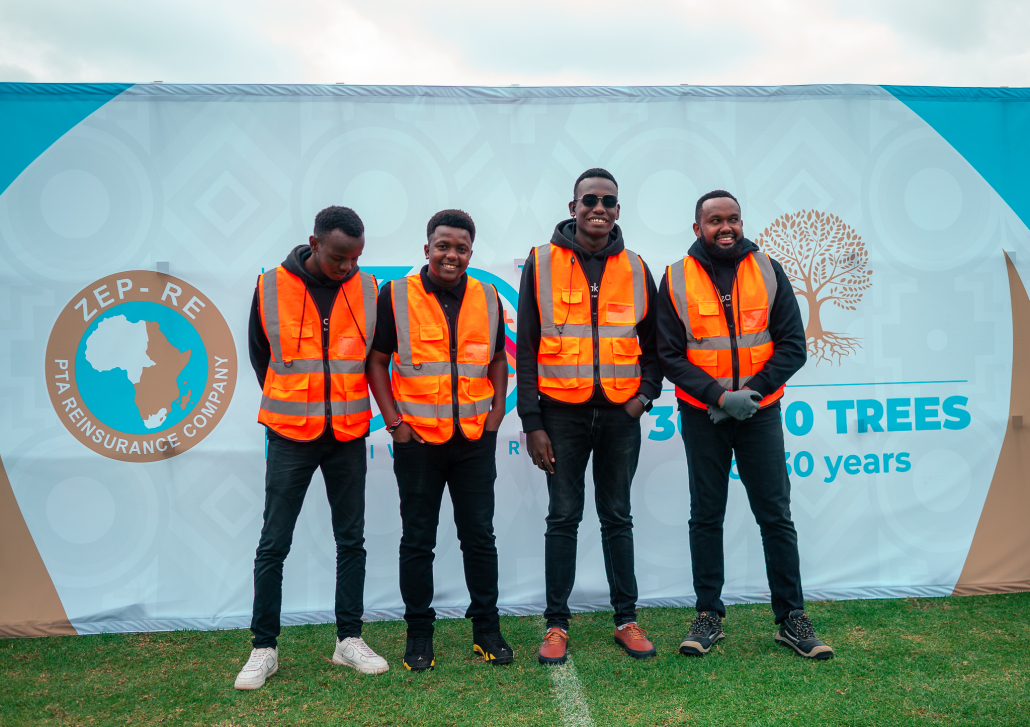
Event Vendors in Kenya
These professionals are the human interface between your event and its guests, enhancing hospitality, brand storytelling, and crowd flow.
-
Guest reception: Ushers welcome attendees, check them in, issue event materials, and escort VIPs or speakers.
-
Brand interaction: Brand ambassadors are trained to represent your company values, engage guests with scripted messaging, and manage product demonstration booths.
-
Crowd management: They direct traffic flow between sessions, help during evacuations, or assist with accessibility needs.
-
Data collection: Some are tasked with conducting surveys, collecting leads, or assisting with raffle draws and competitions.
3.10 Unique Vendors (Add-On Experiences)
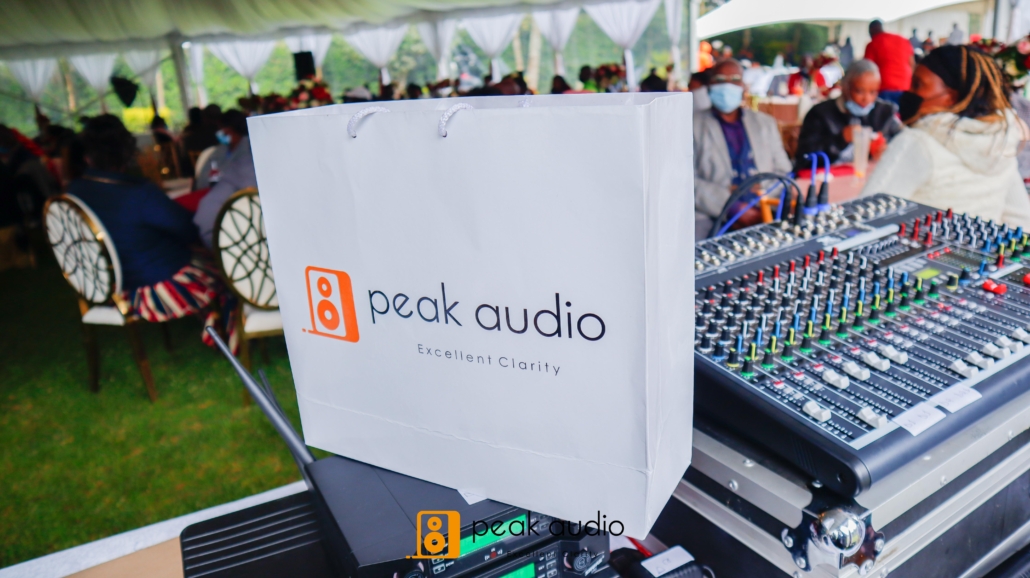
Event Vendors in Kenya
Depending on your audience and goals, you may include vendors who provide special experiences that leave a memorable impact.
-
Wellness vendors: Services like on-site chair massage booths, meditation pods, or stretching sessions are perfect for conferences with long hours or mental health themes.
-
Coffee stands and mobile baristas: Custom-branded coffee carts or smoothie bars create casual networking spots and encourage guest engagement.
-
Photo booths and printing stations: Interactive booths allow guests to take branded photos, create GIFs, or print instant mementos of the event.
-
Mobile toilets and sanitation services: Especially necessary for outdoor or non-hotel venues, these vendors supply VIP restrooms, cleaning crews, and sanitation stations.
-
Entertainment extras: Include things like pop-up magicians, cultural dancers, or flash mobs for surprises that wow attendees and elevate the event.
Behind every seamless corporate event is a carefully chosen team of vendors—each one essential in creating a unified, engaging, and professional experience. From Peak Audio’s AV expertise to caterers, photographers, and creative décor vendors, collaboration is key. The better these vendors are selected and coordinated, the more likely your event is to impress attendees, fulfill objectives, and reflect positively on your brand. Whether you’re planning a 100-person seminar or a 500-guest gala, getting your vendor mix right is step one toward success.
4. How to Find Event Vendors in Kenya

Event Vendors in Kenya
Finding the right event vendors in Kenya is about more than just convenience—it’s about partnering with professionals who align with your vision, budget, and values. Whether you’re planning a corporate conference in Nairobi, a wedding in Naivasha, or a music festival in Kilifi, sourcing the right vendors can determine the success of your event. Here are the most effective ways to find reliable, experienced, and creative vendors across Kenya.
4.1 Search Locally or Regionally
Using local directories and search engines is one of the fastest ways to identify event vendors operating in your area.
-
Google searches tailored to your location: Typing in phrases like “event decorators in Nairobi” or “event AV providers in Mombasa” can yield curated lists of companies with websites, Google reviews, and contact information.
-
Google Maps and business listings: Vendors often register their businesses locally, so you can find their physical locations, opening hours, and even photos of past events right from your phone.
-
Local directories and wedding/event platforms: Websites like Events Kenya, Kenya Wedding Planners, or BusinessList Kenya offer categorized vendor listings you can filter by location, service, or price.
-
County-specific Facebook groups or WhatsApp communities: Many local planning circles or vendor collectives exist online and are great for crowdsourcing suggestions for vendors in your town or region.
4.2 Use Social Media and Online Portfolios
Social platforms are a powerful discovery tool, especially when you want to assess a vendor’s style, quality, and personality before making contact.
-
Instagram and TikTok: These platforms are especially popular among décor vendors, photographers, caterers, and planners who post reels, before-and-after transformations, and behind-the-scenes footage. Use hashtags like #KenyaWeddings, #NairobiEvents, or #EventVendorsKE to explore.
-
Facebook pages and Marketplace listings: Many vendors operate directly through Facebook, using business pages to showcase their work, receive bookings, and interact with potential clients.
-
Behance or personal websites: For creatives like graphic designers, event stylists, or digital experience teams, platforms like Behance or their personal portfolios can give you a deep dive into their aesthetic and past projects.
-
Engagement metrics: Look beyond pretty photos—check for engagement, client reviews, tagged photos from actual clients, and how often they post. It tells you how active and trusted they are in the industry.
4.3 Ask for Referrals
Referrals are one of the most reliable ways to find trusted vendors—especially if you’re short on time or unfamiliar with the industry.
-
Event professionals: AV companies like Peak Audio, event planners, and venue managers often work with the same trusted vendors repeatedly. Ask them for recommended caterers, décor partners, or photographers they trust.
-
Friends, colleagues, or past clients: Someone you know has likely hosted or attended an event recently. Ask about who they used, what went well, and what to avoid. These firsthand experiences offer insights you won’t find in ads.
-
Vendor-to-vendor referrals: Good vendors refer other good vendors. A caterer may recommend a tent company they regularly collaborate with. A photographer may point you to a great lighting team. These recommendations often result in smoother vendor coordination.
-
Community groups: Join WhatsApp groups or Facebook groups like Event Planners Kenya, Kenyan Wedding Network, or Kenya Corporate Events to connect with professionals and exchange referrals.
4.4 Attend Events and Trade Fairs
Nothing beats seeing a vendor in action. Attending real-life events lets you experience their work quality, professionalism, and creativity first-hand.
-
Industry trade shows and expos: Events like Kenya Weddings Expo, SME Networking Trade Shows, or Event Planners Kenya Expo gather top vendors in one place—great for sampling food, viewing displays, and having face-to-face conversations.
-
Open events or launches: Attend corporate launches, brand activations, festivals, or community events. Observe the setup, lighting, audio, and hospitality—then discreetly ask who handled those elements.
-
Venue showcase events: Many hotels or event venues host “vendor open days” where you can meet their preferred AV providers, florists, decorators, and entertainment suppliers.
-
Vendor demo days: Some top vendors (like AV or décor companies) host their own demos where clients can view lighting tests, sound checks, or stage layouts. Follow vendors like Peak Audio to stay informed of such opportunities.
Finding reliable event vendors in Kenya doesn’t have to be overwhelming. Whether you’re planning from Nairobi, Kisumu, Eldoret, or Diani, a mix of local search, social media browsing, referrals, and real-world exploration will help you find professionals who match your event’s needs. The best vendors aren’t just good at what they do—they communicate well, meet deadlines, and align with your goals. By doing your research and asking the right questions, you’ll build a trusted vendor team that can turn your vision into reality.
5. How to Find and Pick Event Vendors Wisely
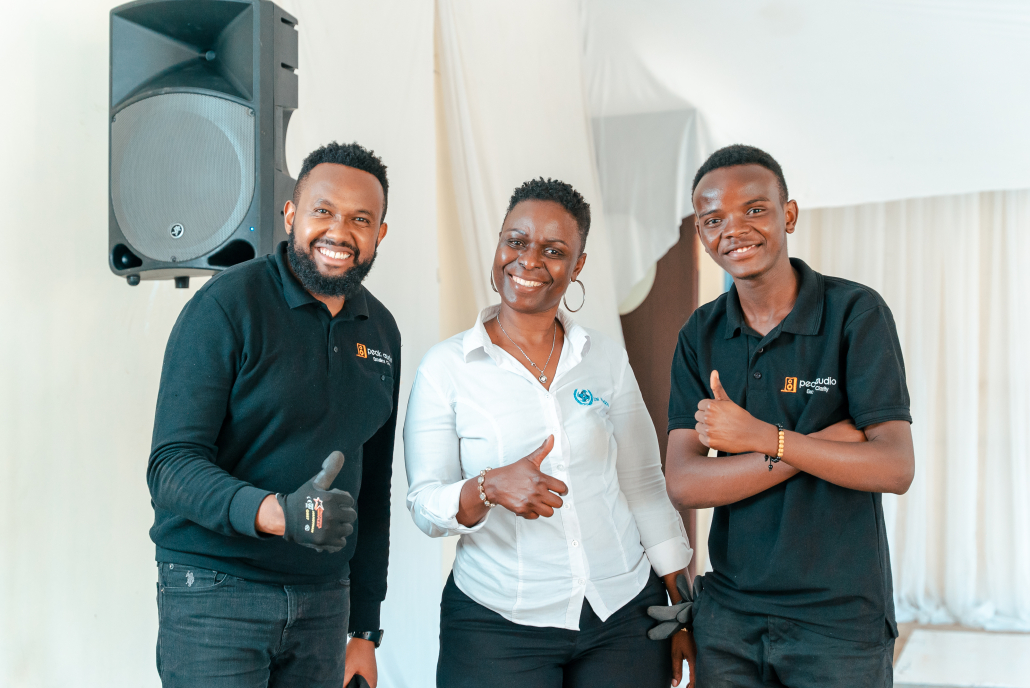
Event Vendors in Kenya
Sourcing vendors is just the first step—selecting the right ones is what makes the difference between a chaotic event and a smooth, memorable experience. Whether you’re planning a boardroom seminar, a wedding, or a large festival, choosing your vendors wisely ensures that your budget is respected, your vision is executed, and your stress is minimized. Here’s how to evaluate event vendors before signing any contracts.
5.1 Assess Experience and Specialization
Not all vendors are created equal—some specialize in certain types of events, and it’s critical to ensure their expertise aligns with your specific needs.
-
Match event types: A décor team that excels at lavish weddings may not be suitable for a minimalist corporate conference. Always ask vendors what types of events they’ve worked on before and request specific examples.
-
Years in the industry: Longevity often signals trustworthiness. Vendors with 5+ years of experience have likely encountered—and solved—a wide range of event challenges.
-
Scalability: Can they handle your event size? A vendor may perform well for 50-guest events but struggle with 500-person setups. Make sure they have the tools and team size to match your scale.
-
Industry knowledge: Specialized vendors bring valuable insight. For example, AV companies like Peak Audio understand what’s required for hybrid meetings versus outdoor festivals—and will guide you accordingly.
5.2 Review Their Work and Reputation
Don’t rely solely on what a vendor says—verify their quality through real-world proof and feedback from previous clients.
-
Request a portfolio: Ask to see photos and videos of recent setups, including events similar to yours. This helps assess style, creativity, and technical execution.
-
Check reviews and ratings: Look them up on Google, Facebook, or vendor directories. Read both positive and negative reviews to spot patterns (e.g., “delivers on time” or “poor communication”).
-
Ask for references: A good vendor won’t hesitate to connect you with past clients who can vouch for their professionalism, reliability, and outcomes.
-
Social proof: Explore their Instagram or TikTok to gauge not just the visuals but also how recent and consistent their work is. Are other vendors tagging them? Are real clients engaging with their content?
5.3 Check for Reliability and Licensing
Beyond talent and aesthetics, you want vendors who operate professionally—meaning they’re insured, organized, and prepared for the unexpected.
-
Contracts and documentation: Always request a written agreement outlining deliverables, timelines, costs, cancellation policies, and liability. Avoid verbal-only arrangements.
-
Business registration: Ensure they’re a registered business in Kenya. This adds a layer of accountability and credibility.
-
Contingency planning: Ask about backup equipment, extra staff, and what happens in case of technical failure, weather disruption, or delayed delivery. Vendors like Peak Audio typically have backup gear and 24/7 tech support.
-
Punctuality and communication: Vendors should respond to inquiries promptly, meet deadlines for site visits or mockups, and keep you informed at every stage. Reliability starts in how they communicate before you even hire them.
5.4 Align with Your Budget and Vision
Great vendors don’t just deliver quality—they help you avoid costly mistakes and bring creative ideas that respect your budget without sacrificing impact.
-
Transparent pricing: Request itemized quotes. This prevents hidden fees and helps you compare vendors fairly. Understand what’s included in the price (e.g., delivery, taxes, cleanup).
-
Creative flexibility: A good vendor can recommend alternative solutions if your budget is tight. For example, using digital signage instead of printed banners, or repurposing décor elements for multiple event areas.
-
Understand value vs. cost: The cheapest vendor isn’t always the best deal. Poor setups, delays, or technical failures can cost far more in damage control than paying a slightly higher rate for reliability.
-
Vision compatibility: Pay attention to how well a vendor listens to your ideas. Do they understand your theme, your guest profile, your event purpose? The best vendors not only “get it”—they elevate it.
Selecting the right event vendors in Kenya goes beyond availability and price—it’s about experience, proof, professionalism, and alignment. Take time to evaluate each vendor carefully, ask the right questions, and trust those who show both competence and commitment. With smart vendor choices, you’ll reduce risk, maximize your investment, and deliver an event that impresses every stakeholder—on time, on budget, and beyond expectations.
6. Working with Peak Audio and Other Trusted Vendors
Partnering with experienced vendors is essential—but having those vendors work well together is what creates a truly seamless event. At Peak Audio, we’ve spent years building strong working relationships with Kenya’s most reliable service providers—from event planners and caterers to décor and livestream teams. Here’s how our collaborative approach helps deliver successful events across formats and regions.
6.1 AV + Vendor Coordination

Event Vendors in Kenya
At Peak Audio, we believe that audio-visual success depends not just on the equipment—but on how well it aligns with the event’s flow and with the actions of every other vendor involved.
-
Integrated scheduling: We work closely with event planners to understand the full program—what’s happening when, who’s speaking, and what cues are needed. This helps us align sound checks, video rolls, lighting transitions, and technical changes to the minute.
-
On-site collaboration: Our AV team liaises directly with catering, décor, security, and entertainment vendors to ensure smooth transitions between meal times, performances, and speeches. For example, we adjust sound volumes when serving begins or coordinate lighting cues with stage décor changes.
-
Emergency support: If another vendor faces last-minute changes—like delays in décor setup or weather changes for outdoor events—we adjust our equipment layout or activation times accordingly without disrupting the event flow.
-
Single contact point: We often act as a tech coordinator on-site, ensuring that multiple tech vendors—like livestream crews, screen display teams, or photographers—connect into a unified audio-visual framework.
6.2 Preferred Vendor Recommendations
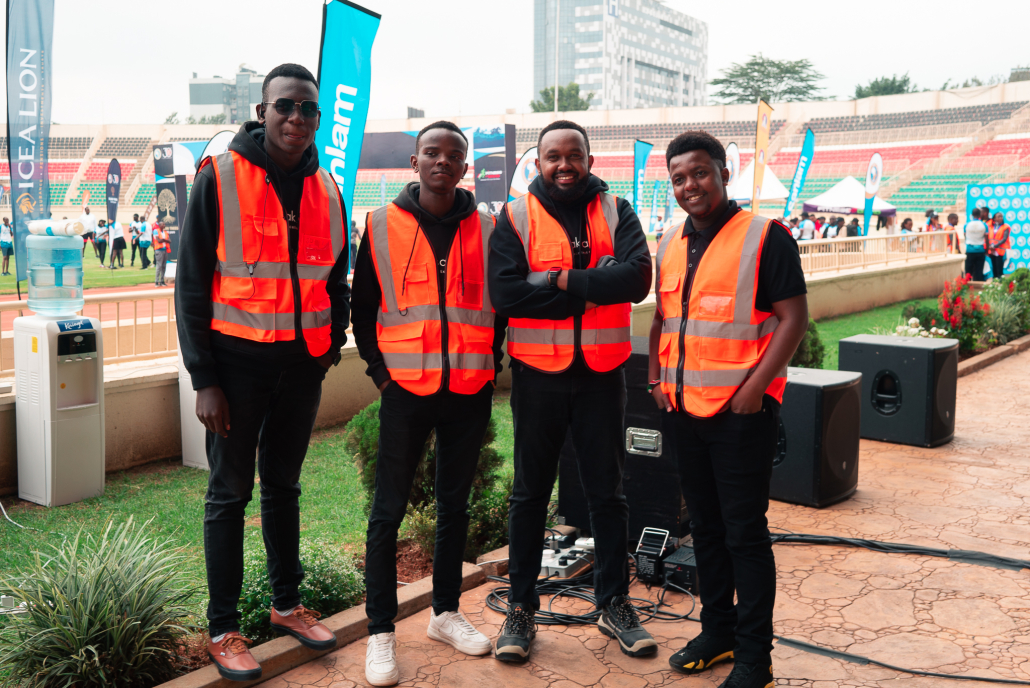
Event Vendors in Kenya
Over the years, we’ve developed trusted relationships with vendors who consistently deliver quality. If you’re not sure where to start, we can recommend reliable professionals we’ve worked with across Kenya.
-
Tried and tested partnerships: Whether you need caterers in Nairobi, tent vendors in Naivasha, or décor teams in Mombasa, we’ve worked with them and can vouch for their quality, professionalism, and timekeeping.
-
Industry fit: We help you match the right vendors to your event type—whether it’s a high-end wedding, NGO conference, or government forum. For example, we might recommend a particular lighting team we know works best for outdoor rallies, or a florist with experience in faith-based ceremonies.
-
Regional vendor access: Our network extends across Kenya—from urban to remote setups—so we can refer vendors who are geographically close to your venue, reducing logistical challenges and extra costs.
-
Vendor synergy: We know which teams work well together. For example, we can suggest a décor and staging company we’ve collaborated with frequently, ensuring faster setup, unified aesthetics, and fewer technical delays.
6.3 Seamless Integration for Virtual and Physical Events
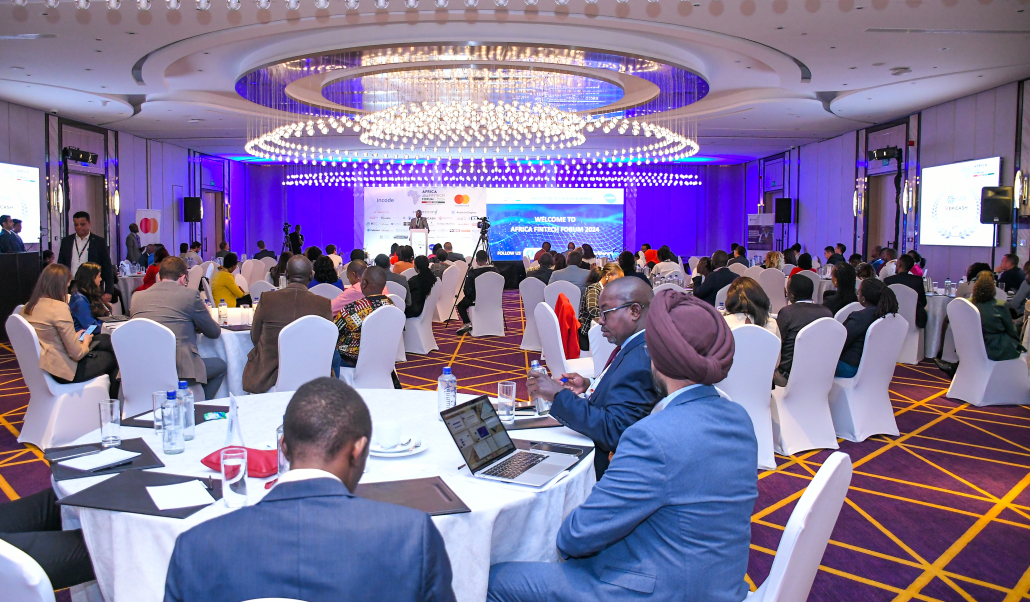
Event Vendors in Kenya
Today’s events are often hybrid—blending physical presence with online attendance. We make sure that whatever the format, our systems and workflows integrate effortlessly with your other service providers.
-
Hybrid-ready setups: Our sound and camera systems are compatible with virtual event platforms like Zoom, Microsoft Teams, and Vimeo Live, allowing remote guests to experience the event as if they were there.
-
Live coordination: During the event, we synchronize audio feeds with videographers, livestream producers, and remote interpreters to avoid lags, echo, or missed segments—ensuring a professional virtual broadcast.
-
Venue-tech compatibility: We adapt our setups to work smoothly within hotel ballrooms, outdoor tents, or multi-hall venues where décor, catering, and movement logistics may vary.
-
Post-event deliverables: For corporate clients, we collaborate with photographers, editors, and social media managers to provide high-quality AV files for use in reports, press releases, or recap videos.
Working with Peak Audio means more than just great sound and visuals—it means working with a team player who understands the bigger picture of your event. We’ve built strong relationships with top vendors in Kenya, and we know how to bring everyone together to execute a smooth, unified experience. Whether your event is virtual, in-person, or hybrid, you can trust us to collaborate with your vendors to ensure everything works like clockwork—professionally, reliably, and flawlessly.
7. FAQs – Event Vendors in Kenya
Whether you’re planning a private wedding, corporate conference, festival, or hybrid meeting, understanding how event vendors operate in Kenya can help you avoid missteps, delays, and budget overruns. Below are frequently asked questions (FAQs) about vendors in the Kenyan events space—answered with clear, helpful, and practical insights.
Q1: What does “event vendors” mean in the Kenyan event space?
In Kenya, “event vendors” refers to all third-party service providers you hire to deliver specific components of your event. These include both essentials and extras—from audio-visual technicians, caterers, and decorators, to photographers, livestream operators, and mobile toilet suppliers.
The event vendor ecosystem in Kenya has grown over the years, offering specialized services for different event types—corporate, social, government, religious, or academic. Some vendors operate as solo providers (e.g., DJs or MCs), while others are part of larger firms (e.g., AV companies like Peak Audio, or full-service wedding decorators). Vendors may serve nationwide or be region-specific, depending on capacity, logistics, and the nature of the service.
Q2: How do I build an event vendors list for my upcoming conference?
To build a strong and reliable vendor list for your event in Kenya, follow these steps:
-
Start with the venue and event goals: Once your date and location are set, determine what services you need—e.g., sound, lighting, catering, branding, seating, décor, livestream, etc.
-
Use trusted directories and referrals: Search on Google, Instagram, or Facebook, or ask your venue or AV provider (like Peak Audio) for recommendations. They often have experience working with dependable vendors in your area.
-
Check compatibility and collaboration: Choose vendors who are not only experienced individually but are also known for working well in team settings. Coordination is key for conferences with tight schedules.
-
Balance expertise and availability: While it’s important to choose experts, ensure they are available on your event dates and can deliver within your timelines.
Your final list should include at minimum: an AV provider, catering team, tent and furniture vendor, décor provider, security personnel, photographer/videographer, event planner (if needed), and logistics support.
Q3: Are there specialized event vendors for virtual events?
Yes—Kenya now has a growing number of specialized vendors who focus exclusively on virtual and hybrid event solutions. These vendors provide:
-
Livestreaming equipment and services (e.g., cameras, sound integration, platforms like Zoom or Vimeo)
-
Virtual stage management (digital transitions, screen shares, graphics, and lower-thirds)
-
Remote technical support (real-time troubleshooting for remote speakers and attendees)
-
Online event platforms for registration, polling, breakout rooms, and data capture
Many full-service AV companies like Peak Audio also offer hybrid event packages that combine physical venue setups with remote audience broadcasting, allowing you to reach global participants while keeping the local experience engaging.
Q4: What makes a vendor “unique” and worth hiring?
A “unique” event vendor stands out because of their innovative offering, high-quality execution, or ability to elevate the event experience in ways others can’t. Here’s what to look for:
-
Creative edge: A vendor offering services like drone photography, wellness lounges, AR/VR booths, or themed cocktail experiences adds memorable flair to your event.
-
Customization: Vendors who can tailor their services to your audience or theme—like personalized event décor, custom menus, or branded stage lighting—are more valuable than generic providers.
-
Tech-savvy tools: Unique vendors often offer smarter processes—like online booking, digital event dashboards, or sustainability-conscious setups.
-
Reputation and testimonials: Ask whether they’ve worked with notable clients, participated in large events, or have recognition in their niche (e.g., industry awards, influencer endorsements).
While “unique” doesn’t always mean expensive, it should always mean value-adding.
Q5: How far in advance should I book event vendors?
This depends on the type, size, and complexity of your event—but here are general timelines that work well for most events in Kenya:
-
Large-scale conferences, weddings, or government events: Book 3 to 6 months in advance to secure top-tier vendors who tend to get fully booked early.
-
Medium-size corporate events or NGO forums: 2 to 3 months is typically sufficient, though earlier is better during peak seasons (April–June and November–December).
-
Small or private events: A lead time of 4 to 6 weeks may be enough, especially if your vendor is local and flexible.
-
Virtual-only events: You might need just 2–4 weeks, depending on platform complexity and content development.
Early booking helps with smoother coordination, avoids last-minute price surges, and allows time for vendor walk-throughs, tech tests, and design mockups—especially for AV, lighting, and décor services
Understanding how event vendors work—and how to select them wisely—can make or break your event. Kenya’s vendor scene is rich with talent, but success depends on how early you engage, how thoroughly you evaluate, and how well your vendors collaborate. Use this FAQ guide to navigate the process confidently—and don’t hesitate to ask for help from integrated service providers like Peak Audio, who can guide you through the vendor landscape with ease and professionalism.
Partner with the Right Vendors for a Flawless Event
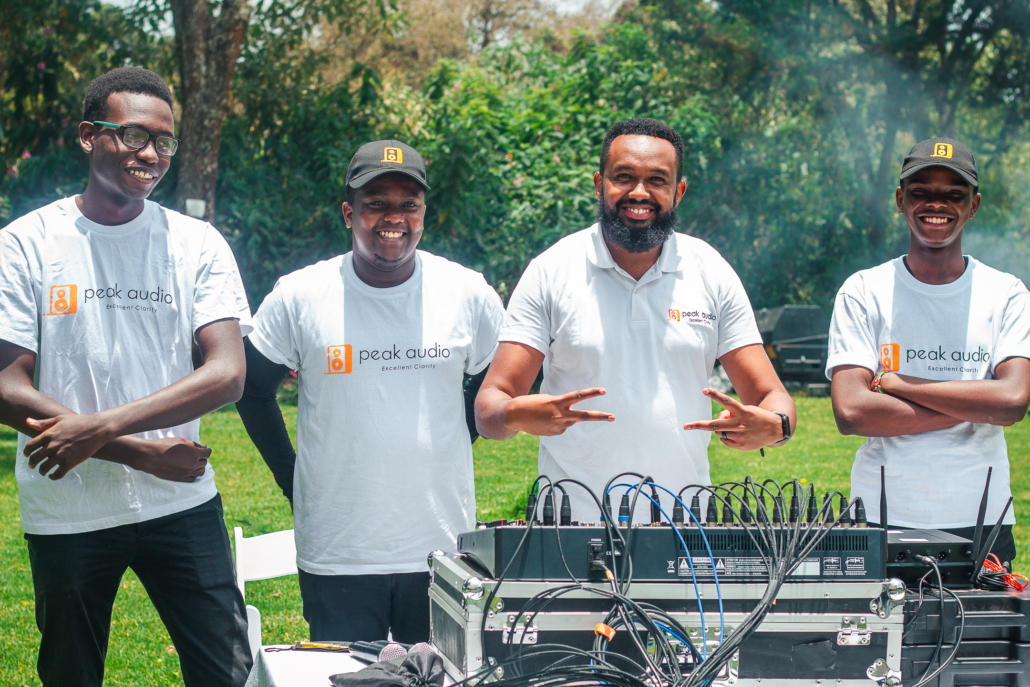
Event Vendors in Kenya
Partnering with the right vendors is the cornerstone of any successful event. From selecting an experienced AV partner to bringing on board creative decorators, caterers, and livestream teams, smart planning and strategic vendor choices can transform your vision into a seamless experience.
At Peak Audio, we go beyond providing premium audio-visual solutions. We collaborate with Kenya’s most trusted event vendors to ensure every aspect—from sound and lighting to décor and logistics—works in perfect harmony. Our team has years of experience delivering flawless conferences, weddings, festivals, and hybrid events across the country.
If you’re ready to host an event that’s professionally executed and truly unforgettable, we’re here to help. Contact Peak Audio today and let’s build the perfect team to bring your event to life.
Leave a Reply
Want to join the discussion?Feel free to contribute!